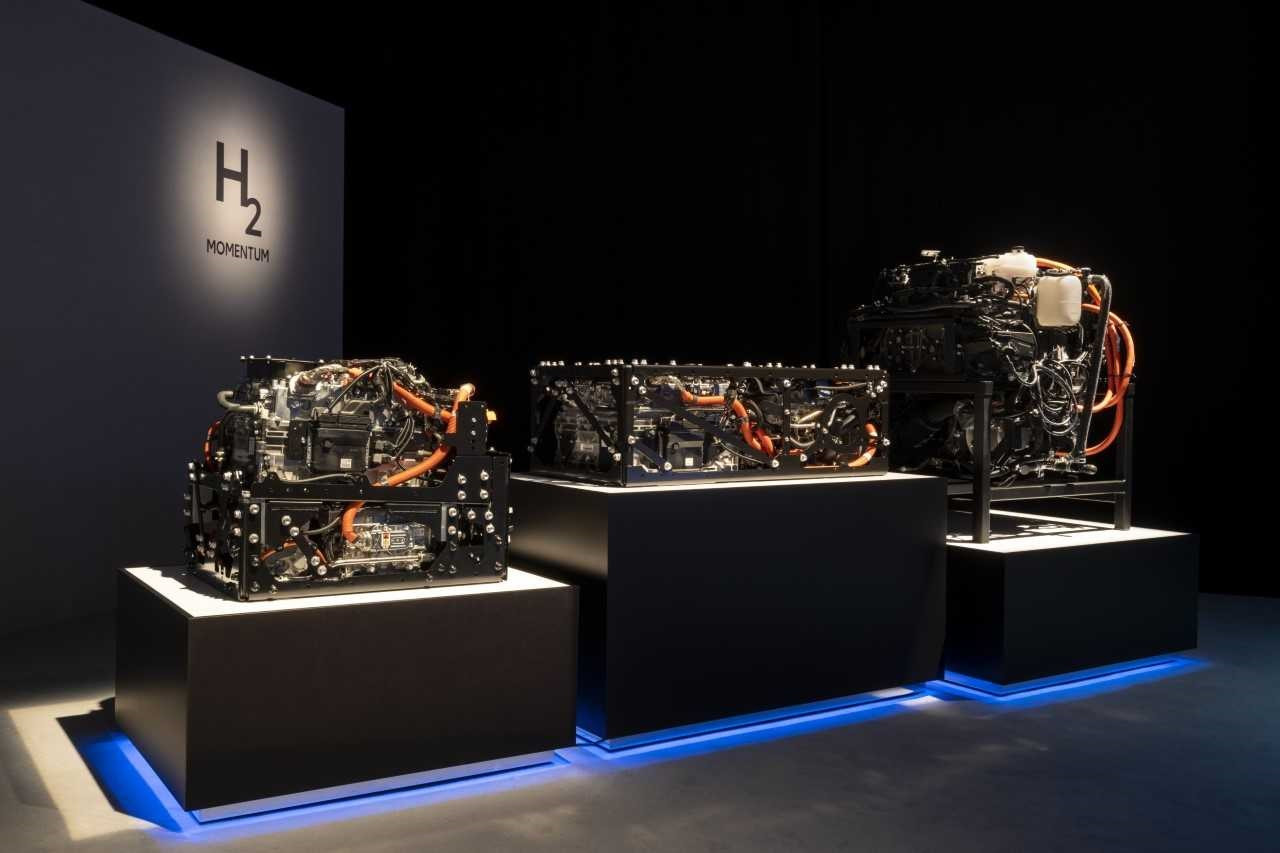Toyota begins production of 2nd generation fuel cell modules in Europe
An early pioneer in the development of fuel cells since 1992, Toyota is ready with second-generation fuel cell modules for diverse applications beyond cars. The modules will go into production next month at Toyota Motor Europe's (TME) Research and Development facility in Zaventem, Brussels. The company expects the demand for fuel cells to grow significantly in Europe in the coming years.
Based on Toyota's advanced second-generation fuel cell system, the company is now re-packaging the fuel cell system – used in Toyota Mirai FCV – into compact and lighter modules with improved power density. Available in the cube and flat or rectangular shapes, the modules are designed to allow more flexibility and easier adaptation for a wide variety of applications.
This shows the Japanese company's commitment to take hydrogen fuel-cell beyond passenger cars with easy-to-use modules for partner applications. TME's Fuel Cell Business Unit will offer necessary engineering support for integration. Toyota finds the manufacturing location in Europe strategic, as it offers proximity to its partners and an ability to closely monitor emerging business opportunities in the region, thereby scaling up the supply in a short span.
Toyota believes that the expansion of a 'European Hydrogen economy' will be a key element in achieving the objective of net-zero global warming emissions by 2050. The emergence of hydrogen clusters in Europe brings synergies among different sectors in terms of skills, technologies, and applications, including truck, bus, taxi fleets, and H2 infrastructure, by churning viable business opportunities.
The company supports the creation of a hydrogen environment in the region, which it calls a 'living oasis', in which supply and demand meet for further growth.






















